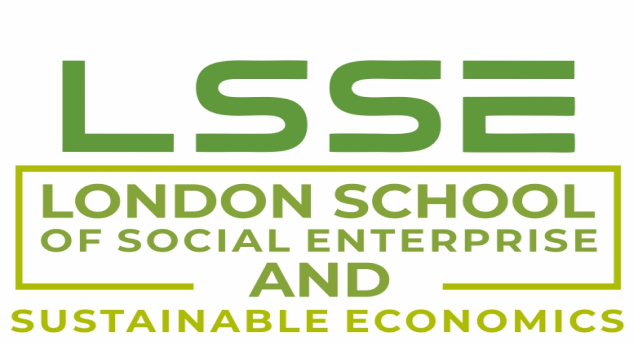Microfinance and Economic Development
Microfinance and Economic Development
Overview
The programme will show you how to think about and build a basic financial model from the ground up, starting from a single business unit) – a stand-alone profit-center, like a branch, sales office, or individual franchise, – that is replicated when you scale. This approach helps ensure that your product or service can be realistically commercialized, and that the business model is built for scalability from the start. This programme is valuable for social enterprises of all shapes and sizes, and at all stages of the start-up cycle. It is applicable to a wide range of people, including aspiring social entrepreneurs, non-profits that want to create market-based projects, investors evaluating a new business venture, as well as corporate entrepreneurs that want to launch ventures aimed at the bottom of the pyramid market.
Description
Learning Mode
Classroom
Study Level
Certificate Course
Duration
7 days
Course Delivery
Intensive
Start Date
22nd September, 2020
Cost
£300 per module
Campus
London

Description
This course teaches students, including those from non-profit organisations, social entrepreneurs, corporate entrepreneurs, and social change leaders, how to use financial modelling and creative approaches to market-based funding to scale the impact of their work. This course will be valuable for organisations of all shapes and sizes, and particularly useful for those in the early stages of development.
objectives
This course is designed to introduce the concept, as well as engage students and their tutor in a joint learning experience of this field. Through this course, students will:
- Learn how to build a basic financial model from the ground up, starting from a single business unit – a stand-alone profit-center (like a branch, sales office, or individual franchise) that is replicated when you scale.
- Be able to apply this approach to ensure that their product or service can be realistically commercialized, and that the business model is built for scalability from the start.
- Understand how to estimate the reach and size of their operational unit and identify what costs at scale means to their organisation.
- Understand how to think about and calculate the funding requirements for building and maintaining a capacity that allows them to innovate, learn, and grow your organisation.
- Understand the importance of focusing on financial sustainability early-on in the development cycle of a venture or a programmatic initiative.
Courses Curriculum
Financial model and financial modelling
Financial modelling best practices and steps for a new social venture
Types of financial models and uses of financial modelling
Achieving financial sustainability in non-profit organisations
Financial modelling techniques and skills
Building a basic financial model
Financial Investment Model
Financial analysis and planning
Financial statements – preparations and interpretations
Risk management in financial decisions
Economic theory and financial management
Foundations of accounting and valuation
Corporate finance and financial engineering
Entrepreneurial finance, financial instruments, and contracts
Funding sources
Key Benefit
- Understand how to ‘bound’ your operational unit.
- Know how to estimate the number of customers or beneficiaries served by the operational unit at ‘steady-state’.
- Identify the three main components of ‘total running costs’ and how to estimate them.
- Know how to undertake long-term financial planning.
- Raise funds effectively.
- Assess the merits of mergers and other restructuring activities.
- A strong understanding of the practical application of risk management to deliver more effective financial decisions.
- Gain practical experience by applying the key concepts covered in this course to a ‘Financial Challenge’ of your own – an early-stage business concept of a venture or an early-stage programmatic initiative idea.
Teaching Outcomes
After studying this course, students should be able to:
- Have the knowledge on how to build a basic financial model from the ground up, starting from a single (business unit) – a stand-alone profit-center (like a branch, sales office, or individual franchise) that is replicated when you scale.
- Be able to apply this approach to ensure that your product or service can be realistically commercialized, and that the business model is built for scalability from the start. Short activities to support readings.
- Daily journals for students to engage in discussions among their peers.
Teaching Methods
The Teaching Methods For This Course Include:
- Individual or group activity on a topic area of interest to the students pertaining to cooperative and social enterprise.
- Daily discussion and reflection questions on readings.
- Short activities to support readings.
- Daily journals for students to engage in discussions with their peers.
Fees and funding
Level 1
£1,250
Level 2
£1,950
- Admissions
- Certification





